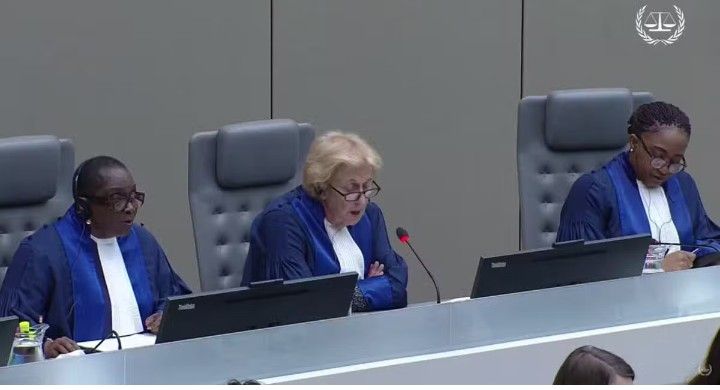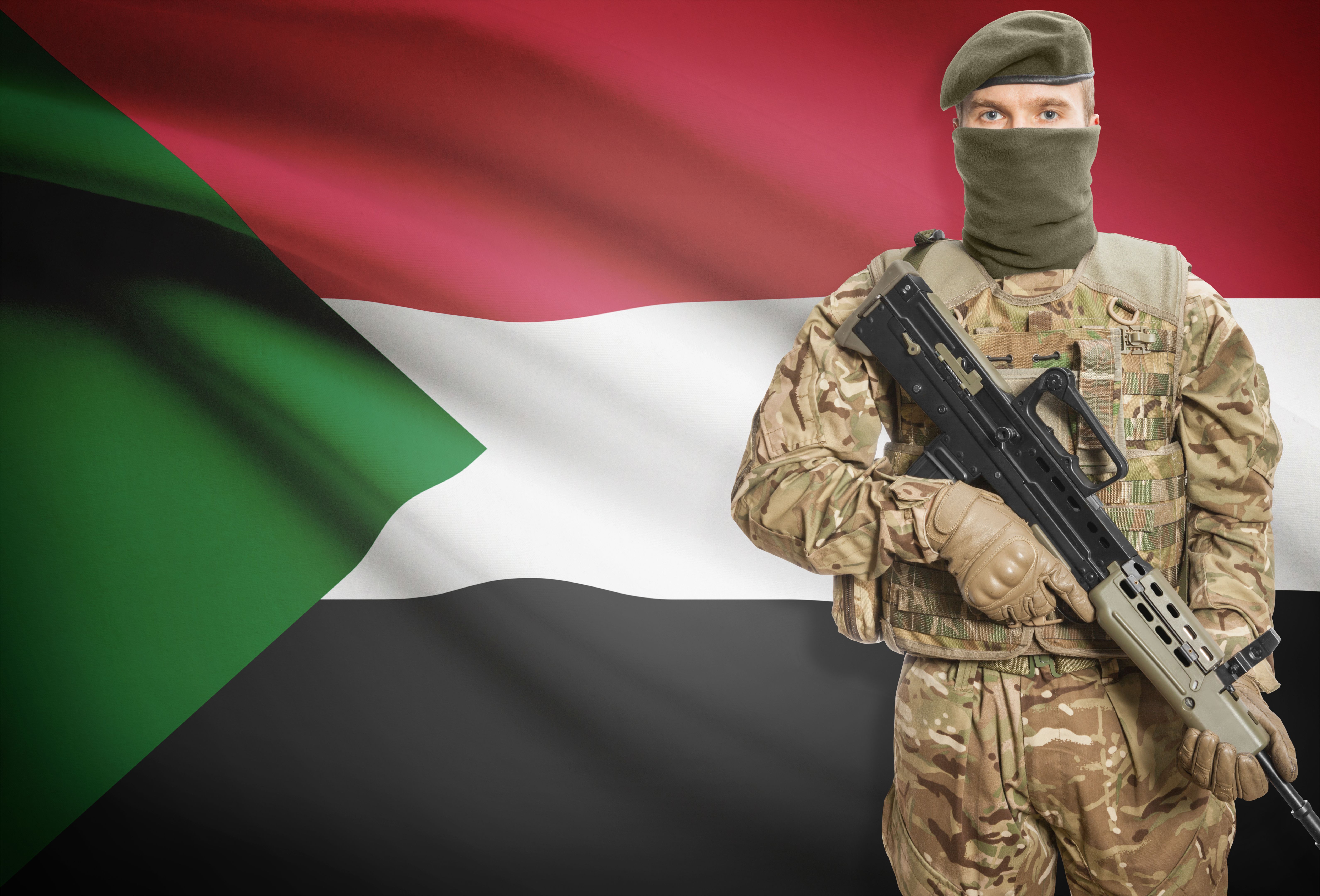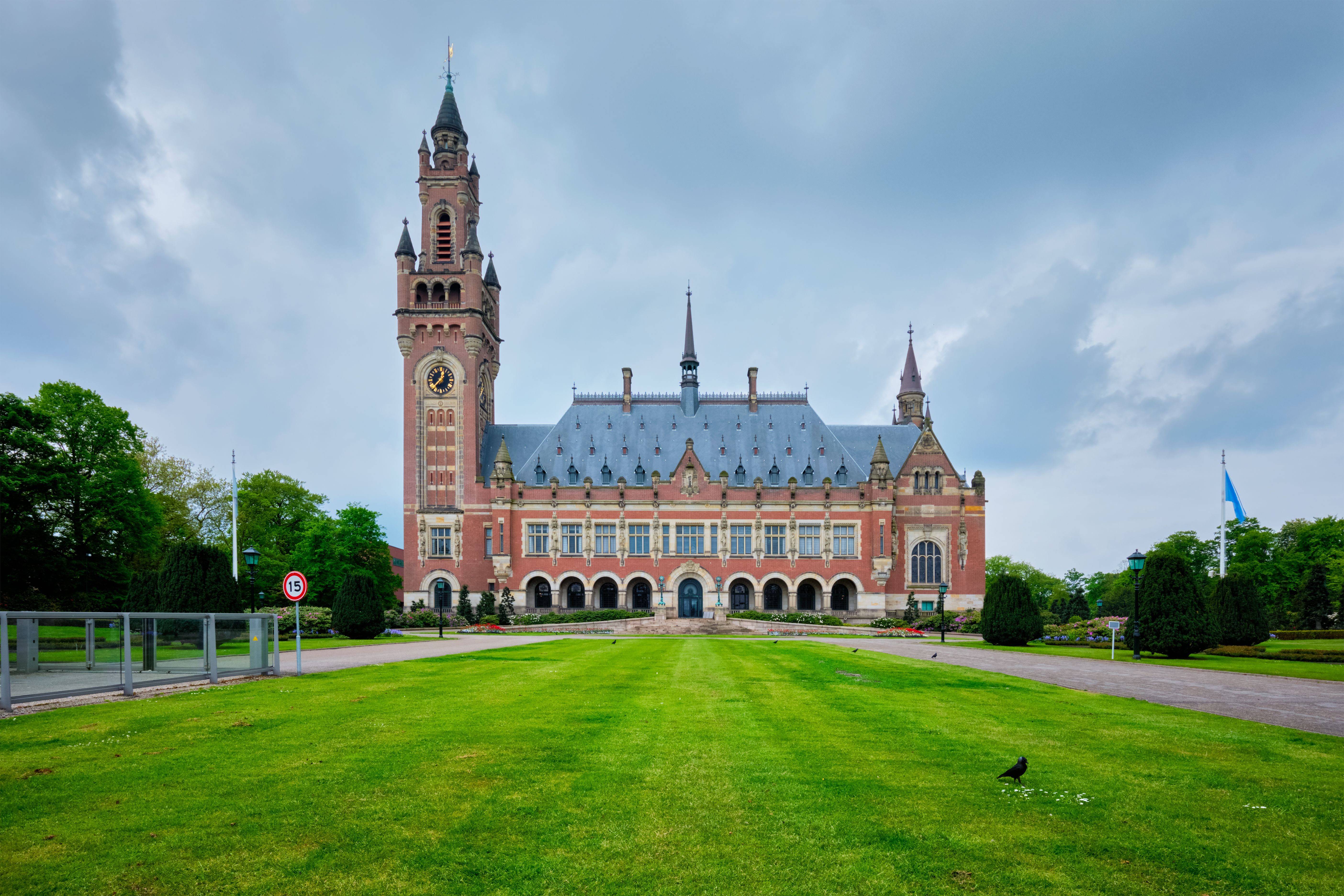Sudan Militia Leader Convicted of Crimes Against Humanity
BR
Introduction to the Conviction
The international community has been closely following the trial of a Sudanese militia leader who has been convicted of crimes against humanity. This significant ruling marks a momentous occasion in the ongoing fight for justice and accountability in conflict zones. The court's decision is hailed as a triumph in the global effort to address war crimes and bring perpetrators to justice.

The conviction is the result of years of meticulous investigation and legal proceedings, highlighting the perseverance of international legal bodies and human rights organizations. This case is a stark reminder of the atrocities committed during the conflict in Sudan and the enduring need for international cooperation in seeking justice.

Background of the Conflict
The conflict in Sudan, particularly in the Darfur region, has been one of the most devastating humanitarian crises of the 21st century. It began in 2003 when ethnic minority groups took up arms against the Sudanese government, accusing it of oppression and neglect. In response, the government allegedly armed and supported militia groups, leading to widespread violence and atrocities.
The conflicts resulted in hundreds of thousands of deaths and millions displaced from their homes. The international community has long condemned these actions, calling for accountability and justice for the victims. The conviction of this militia leader is a crucial step in addressing some of these past grievances.
The Charges and Trial
The convicted militia leader faced numerous charges, including murder, rape, and forced displacement. These charges are part of an extensive list of alleged crimes against humanity committed during the conflict. The trial shed light on the harrowing experiences of survivors and victims who bravely came forward to testify.

The trial was conducted under the auspices of international legal frameworks designed to handle such grave offenses. Despite challenges in gathering evidence and securing witness testimonies, the prosecution presented a compelling case leading to the conviction.
Impact on Sudan and Beyond
The conviction is expected to have profound implications for Sudan and other regions grappling with similar conflicts. In Sudan, it sends a clear message to militia leaders and government officials that impunity for war crimes will not be tolerated. It also empowers victims and survivors, offering them a sense of justice and closure.
Internationally, this ruling reinforces the importance of holding individuals accountable for atrocities. It serves as a precedent that may inspire further prosecutions against other leaders accused of similar crimes, thus strengthening the global justice system.

Future Implications
This landmark conviction is likely to influence future approaches to handling war crimes and crimes against humanity. It highlights the necessity for robust international cooperation and support for legal processes that seek to hold perpetrators accountable.
Moreover, it underscores the importance of documenting and preserving evidence of war crimes as they occur, ensuring that justice can be pursued even years after the events. This case may inspire reforms in how such trials are conducted, aiming for more efficient and effective legal processes.
Conclusion
In conclusion, the conviction of the Sudanese militia leader represents a vital step forward in the quest for justice for victims of war crimes in Sudan. It is a powerful reminder of the importance of international law in addressing gross human rights violations. As the world watches, this case serves as both a warning to those who commit such crimes and a beacon of hope for those seeking justice.